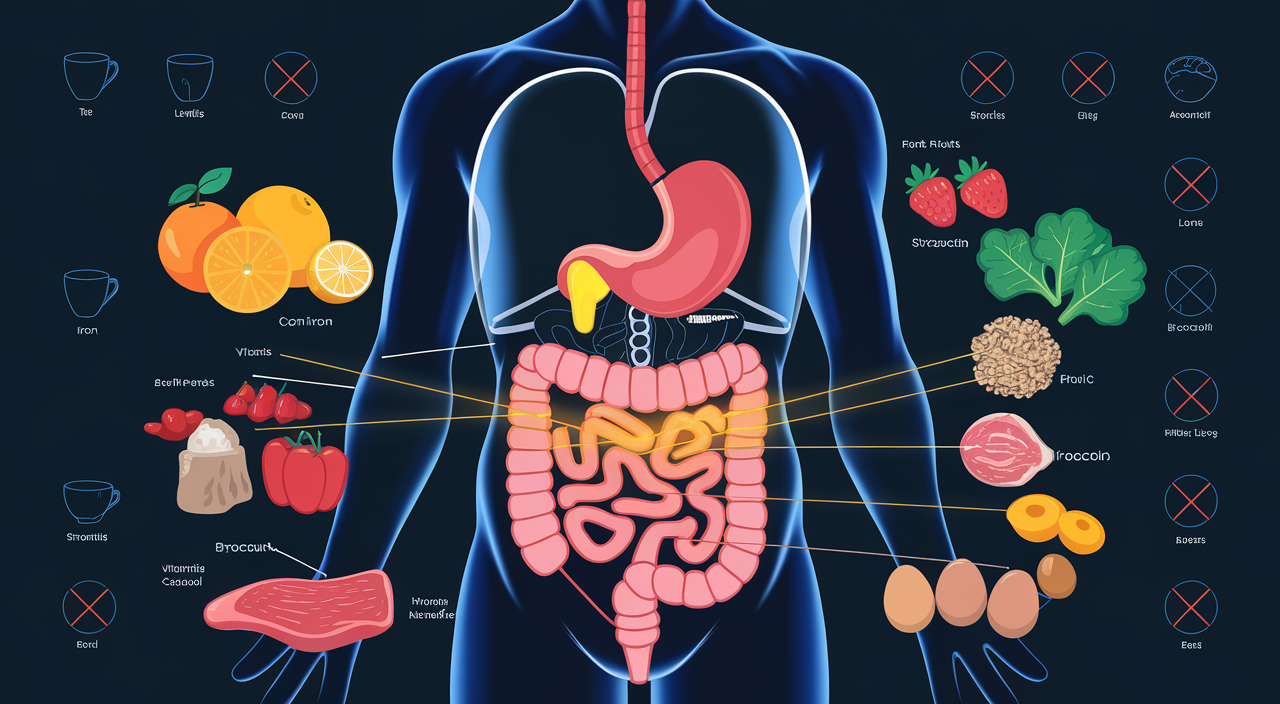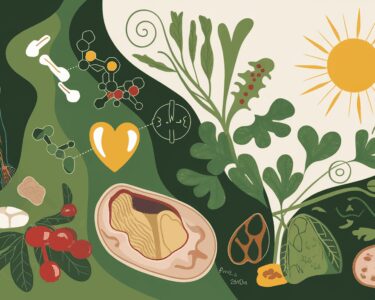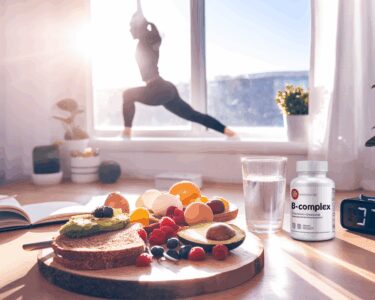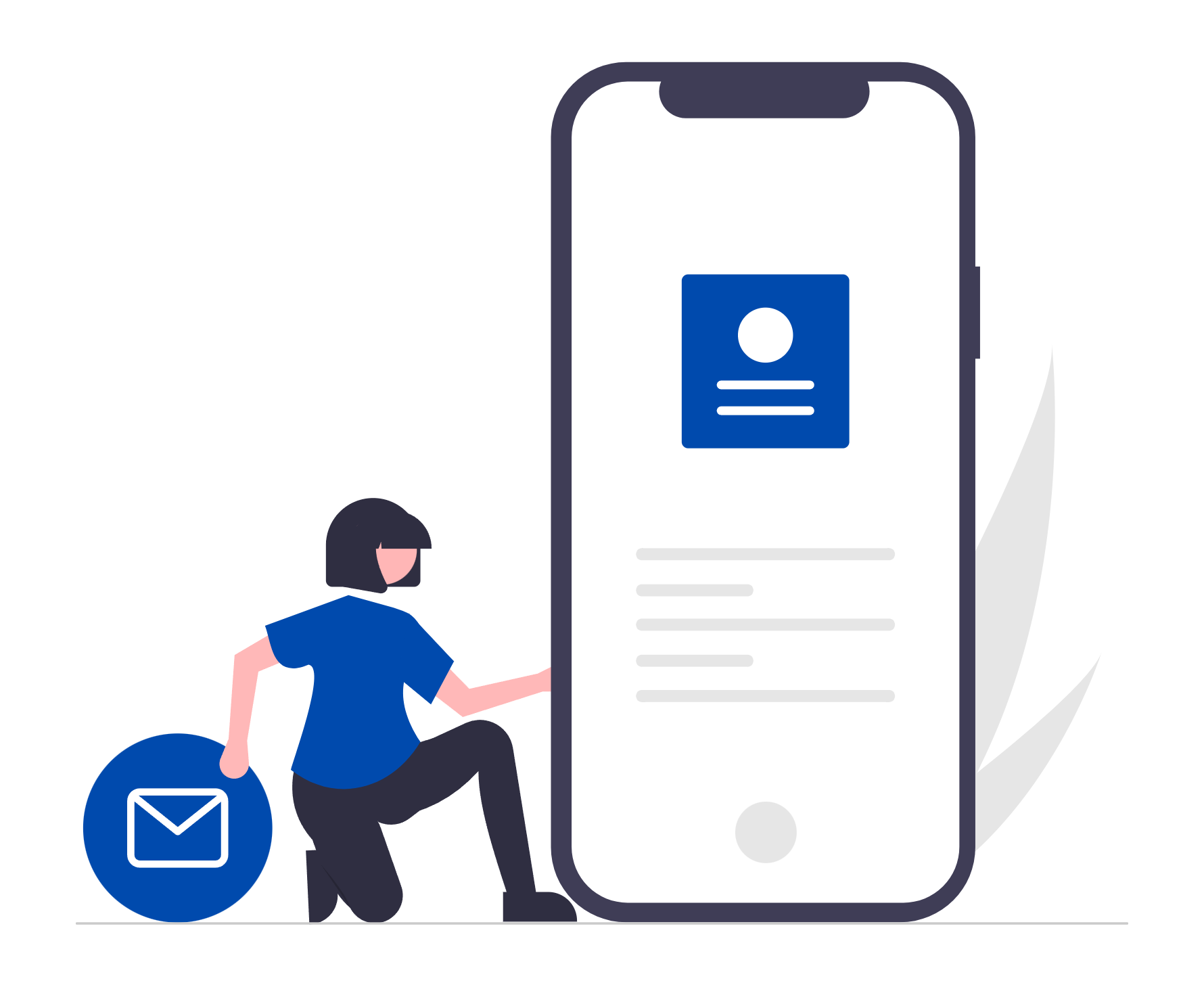Vitamin C Benefits for Iron Absorption: Vitamin C plays a crucial role in boosting iron absorption by changing dietary iron into a more usable form in the digestive system. This relationship is particularly important for plant-based eaters or people with higher iron needs, as vitamin C helps overcome absorption barriers like tannins and phytates found in common foods.
Key Takeaways
- Vitamin C converts ferric iron (Fe³⁺) into ferrous iron (Fe²⁺), making it much more absorbable in the duodenum and upper intestine.
- Studies confirm that taking vitamin C with iron supplements leads to better hemoglobin improvements compared to iron supplements alone.
- Timing is critical—eating vitamin C with iron-rich foods maximizes absorption benefits, while waiting at least two hours after consuming iron blockers like coffee or dairy.
- Pregnant women, people with heavy menstrual periods, vegetarians/vegans, infants, and athletes face higher risks for iron deficiency.
- Smart food combinations include spinach with bell peppers, bean soup with fresh tomatoes, and lentil curry with citrus fruits.
The Science Behind How Vitamin C Supercharges Your Iron Absorption
Understanding Vitamin C Benefits for Iron Absorption Process
I’ve found that Vitamin C acts as a powerful catalyst in your body’s iron absorption system. When you consume iron-rich foods, Vitamin C springs into action by converting ferric iron (Fe³⁺) into ferrous iron (Fe²⁺) — a form your body can easily absorb. This transformation happens right in your duodenum and upper intestine, making it a crucial part of maintaining optimal gut health.
Think of Vitamin C as your iron absorption assistant. It boosts stomach acidity, which helps break down iron into a more soluble form. This is particularly important if you’re following a plant-based diet, as vegetarian iron sources need extra help getting absorbed.
Maximizing Vitamin C Benefits for Iron Absorption
The benefits of Vitamin C for iron absorption become even more significant when dealing with common absorption barriers. Just like red light therapy helps cellular function, Vitamin C helps overcome obstacles that might block iron absorption.
Here’s what Vitamin C can help counteract:
- Tannins found in tea and coffee
- Calcium from dairy products
- Phytates present in whole grains
- Oxalates in leafy greens
By incorporating Vitamin C-rich foods with your iron sources, you’re creating an ideal environment for maximum absorption. This is especially vital if you’re dealing with stress-related dietary challenges or following specific dietary restrictions.
The partnership between Vitamin C and iron absorption showcases how our bodies rely on nutrient synergy. Similar to how somatic healing connects body systems, Vitamin C connects with iron to enhance its bioavailability. By understanding this relationship, you can make smarter choices about when and how to combine these nutrients for optimal absorption.
Remember, timing matters — consuming Vitamin C alongside iron-rich foods maximizes these benefits. This simple yet powerful combination can dramatically improve your body’s ability to utilize iron, especially from plant-based sources.
Why Your Body Needs This Powerful Duo for Anemia Support
Iron deficiency affects millions globally, making it crucial to understand Vitamin C benefits for iron absorption. I’ve seen how this essential combination can transform health outcomes for many people at risk of anemia.
Understanding Iron Deficiency and Its Impact
Iron deficiency remains a significant health concern, particularly affecting certain groups. While I recommend improving gut health through nutrition, some individuals face higher risks of deficiency:
- Pregnant women requiring increased iron intake
- People experiencing heavy menstrual cycles
- Infants and young children in rapid growth phases
- Vegetarians and vegans with limited iron sources
- Athletes with increased iron demands
Maximizing Vitamin C Benefits for Iron Absorption
I’ve found that pairing iron-rich foods with Vitamin C creates a powerful absorption boost. Just like red light therapy enhances cellular function, Vitamin C significantly improves your body’s ability to absorb iron. This enhancement can help prevent common deficiency symptoms such as:
- Persistent fatigue and weakness
- Pale skin and brittle nails
- Decreased immune function
- Shortness of breath
- Poor concentration
To maximize Vitamin C benefits for iron absorption, I suggest combining iron-rich foods with Vitamin C sources at the same meal. For example, add citrus fruits to your spinach salad or bell peppers to your lean beef stir-fry. Just as managing stress supports overall health, this strategic pairing supports optimal iron levels.
Regular monitoring becomes essential, especially if you’re in a high-risk group. Much like tracking your body’s healing progress, keeping tabs on your iron levels through routine testing helps prevent deficiency before symptoms appear. The synergistic relationship between Vitamin C and iron absorption makes this nutrient pair essential for maintaining healthy iron levels and preventing anemia.
Real Research Shows the Impact of Vitamin C on Iron Levels
Scientific Evidence on Vitamin C Benefits for Iron Absorption
Clinical research has revealed fascinating insights about how vitamin C enhances iron absorption in our bodies. I’ve found that when iron supplements are taken with vitamin C, they boost hemoglobin levels more effectively than iron supplements alone. The numbers tell an impressive story — combining these nutrients increased hemoglobin by 2.00 g/dL, while iron by itself only achieved 1.84 g/dL.
Understanding the Mechanism of Vitamin C Benefits for Iron Absorption
The interaction between vitamin C and iron happens right in your intestines at the molecular level. Just like maintaining good gut health is crucial for nutrient absorption, vitamin C creates the perfect conditions for iron uptake. While studying natural ways to improve body functions, I’ve learned that vitamin C transforms iron into a form that’s easier for your body to absorb.
Here’s what you need to know about supplementation results:
- Hemoglobin improvements were marginally better with combined supplementation
- Iron stores showed minimal additional benefits
- Serum ferritin levels didn’t significantly increase
- Side effects remained consistent whether taking iron alone or with vitamin C
The research confirms that while alternative wellness approaches can be beneficial, sometimes the simplest solutions work best. Just like healing requires a holistic approach, proper iron absorption depends on having the right supporting nutrients present.
For those concerned about iron deficiency, I recommend focusing on both iron intake and vitamin C consumption together. The scientific evidence shows that timing these nutrients together can make a real difference in your body’s ability to maintain healthy iron levels.
Perfect Pairings: Foods That Maximize Iron Absorption Through Vitamin C
Vitamin C Benefits for Iron Absorption: Understanding Daily Needs
I’ve found that getting enough Vitamin C is crucial for proper iron absorption. The daily target is 75-90mg of Vitamin C, and timing is everything. To maximize nutrient absorption in your digestive system, pair your iron-rich foods with Vitamin C sources during meals.
Here are the best food sources packed with Vitamin C to boost iron absorption:
- Citrus fruits (oranges, lemons, grapefruits)
- Fresh strawberries and kiwi
- Bell peppers (especially red ones)
- Ripe tomatoes
- Broccoli
Strategic Food Combinations for Maximum Benefits
The Vitamin C benefits for iron absorption are most noticeable when you pair the right foods together. While exploring natural health solutions, I’ve discovered that heme iron from animal sources like red meat and poultry is better absorbed than non-heme iron from plant sources.
For enhanced iron absorption, I recommend these winning combinations:
- Spinach salad with bell peppers and lemon dressing
- Bean soup with fresh tomatoes
- Lentil curry with a side of citrus fruits
- Grilled chicken with roasted bell peppers
To get the most Vitamin C benefits for iron absorption, I suggest avoiding certain beverages with your iron-rich meals. Coffee, tea, and dairy products can interfere with iron absorption, so I recommend waiting at least an hour after meals before consuming these drinks. Instead, try focusing on mindful eating habits and spacing out these potential inhibitors.
For those following plant-based diets, the need for strategic food pairing becomes even more important. I’ve found that adding a squeeze of lemon to your leafy greens or enjoying vitamin C-rich fruits with your meals can significantly boost iron absorption. This approach to natural body healing through food combining has shown remarkable results in improving iron levels.
What Blocks Iron Absorption (And How Vitamin C Helps)
Common Iron Absorption Blockers and Vitamin C Benefits for Iron Absorption
Your morning routine might be sabotaging your iron levels without you knowing it. That steaming cup of coffee or tea contains compounds called tannins that significantly reduce iron absorption. Just like maintaining healthy gut bacteria is crucial for nutrient absorption, understanding what blocks iron uptake can make a big difference in your health.
Calcium-rich foods and high-phytate grains create notable barriers to iron absorption. These everyday items can decrease your body’s ability to absorb nonheme iron (the type found in plant-based foods) by up to 50%. However, I’ve found that vitamin C is particularly effective at counteracting these blocking effects.
Here’s what commonly blocks iron absorption:
- Coffee and tea (especially black and green varieties)
- Dairy products and calcium supplements
- Whole grains and legumes high in phytates
- Eggs
- Soy products
Maximizing Iron Absorption with Vitamin C
I’ve discovered that timing your meals right makes a huge difference. By separating iron-rich foods from these blockers by at least two hours, you’ll increase absorption significantly. Adding vitamin C into your meal planning can transform how your body processes iron. Similar to how red light therapy supports cellular health, vitamin C enhances iron absorption at the cellular level.
Interestingly, you don’t need massive amounts of vitamin C to see benefits. Just like managing stress through vagus nerve stimulation, small, consistent actions can have powerful effects. Adding a squeeze of lemon to your spinach salad or having an orange with your iron-fortified cereal can significantly boost iron absorption.
While vitamin C supplements can help, they’re often unnecessary if you’re eating a balanced diet. Much like how natural healing approaches can be most effective, getting your vitamin C from whole foods typically provides the best results. However, I should mention that taking more than 2,000mg of vitamin C supplements daily might cause digestive issues like bloating or diarrhea.
Including foods rich in citrus or peppers can significantly enhance iron uptake because vitamin C improves absorption from plant-based sources.
Sources:
(blank)







